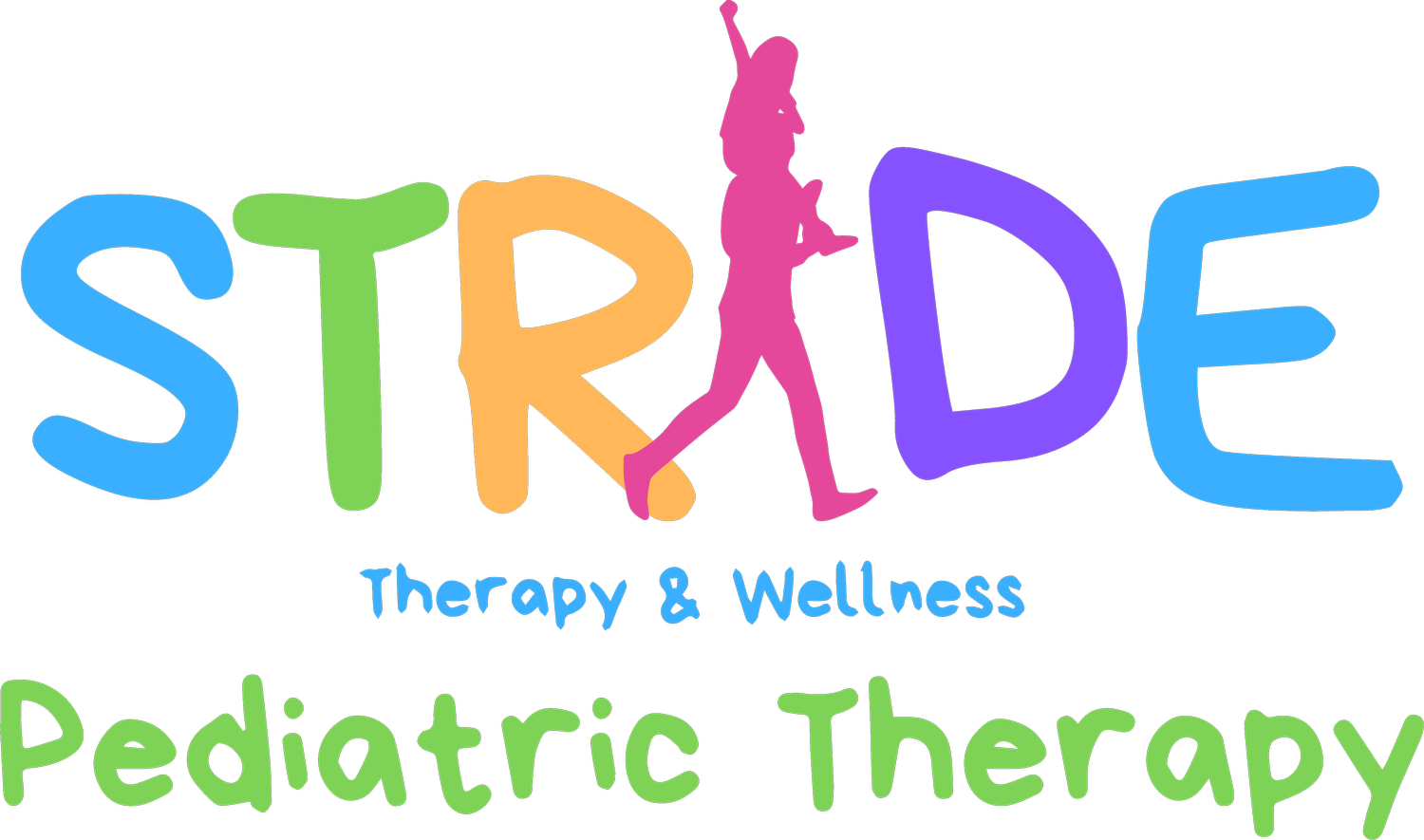Supporting Your Child’s Cognitive Development
As parents, we all want our children to grow and develop to the best of their abilities. One important aspect of a child's development is their cognitive development, which includes skills such as problem-solving, reasoning, and memory. In this blog, we will discuss some ways you can support your child's cognitive development and learning readiness at home.
Create a learning-friendly environment: Children learn best when they are in a comfortable, safe, and stimulating environment. You can create a learning-friendly environment at home by setting up a designated area for your child's toys and learning materials. Make sure the area is well-lit and free from distractions.
Encourage playtime: Playtime is not only fun for your child, but it also plays a crucial role in their cognitive development. Engaging in imaginative play, building blocks, and puzzles can help develop problem-solving and reasoning skills. Remember to provide age-appropriate toys and games for your child, as this will keep them challenged and engaged.
Schedule learning activities Scheduling learning activities throughout the day can help prepare your child for school and build their learning readiness. Remember that every child is different, and it's important to find what works best for your child. For example, if you notice that your child is more focused in the morning, try scheduling learning activities during that time.
Provide age-appropriate toys and games: Providing your child with age-appropriate toys and games is another way to support their cognitive development. For infants, this could mean providing them with toys that encourage grasping and reaching, while for toddlers, this could mean providing them with toys that require matching shapes or colors.
Engage in conversations and encourage questions: Talking to your child and encouraging them to ask questions can help develop their problem-solving and reasoning skills. Talk to your child about what you see and hear in your surroundings, and ask them questions that require them to think and reason. For example, you could ask your child what they think will happen next in a story or what they think would happen if they mixed two colors together.
Read to your child: Reading to your child is one of the best ways to support their cognitive development and learning readiness. Even if your child is too young to understand the words, the act of reading to them helps to build their vocabulary and comprehension skills. For older toddlers, ask them questions about the story and encourage them to predict what will happen next.
Remember, supporting your child's cognitive development and learning readiness doesn't have to be complicated or expensive. Simple activities like reading, singing, and playing with toys can have a big impact on your child's development. As parents, we play an important role in setting the foundation for our children's lifelong learning journey.
